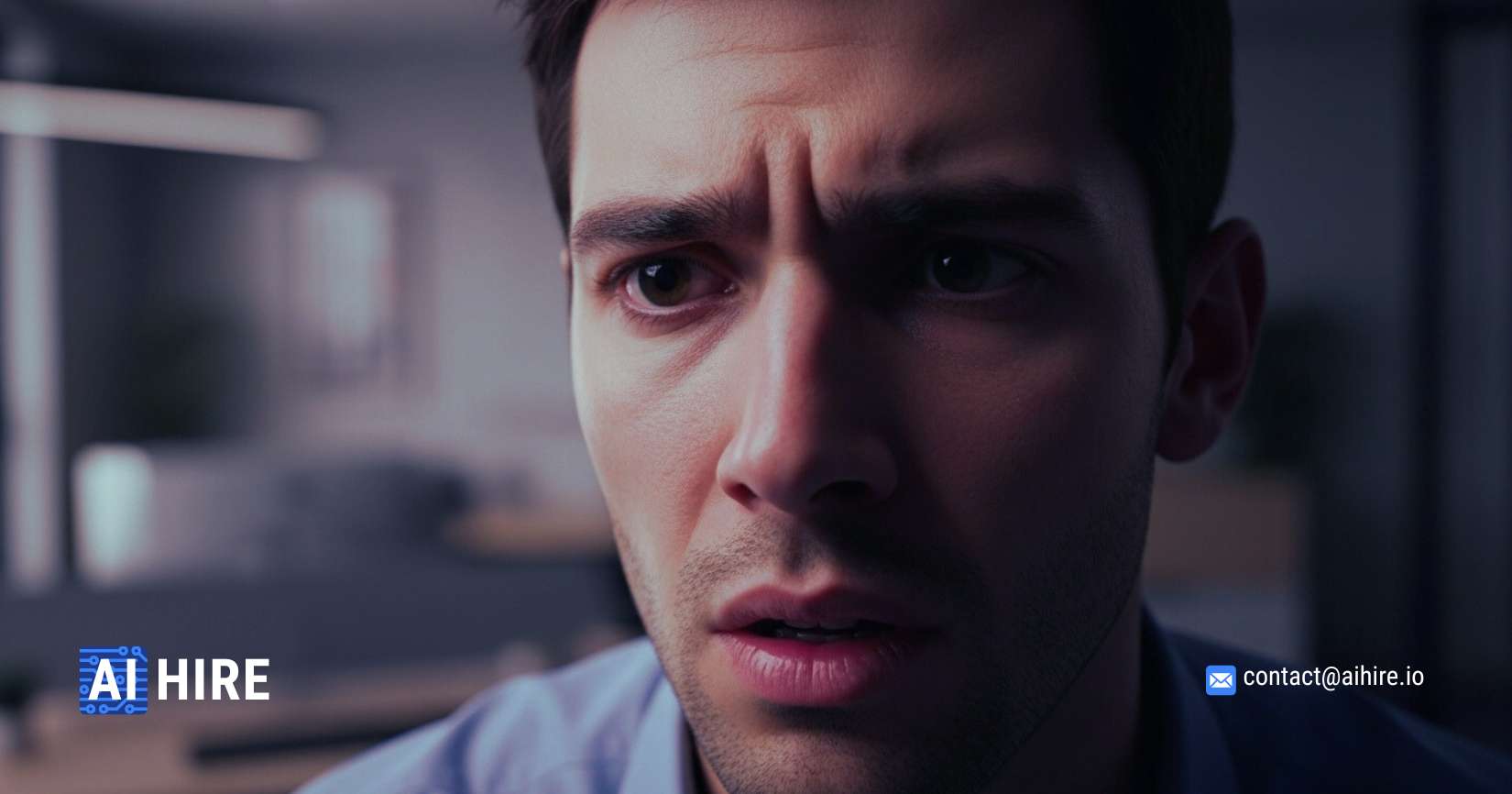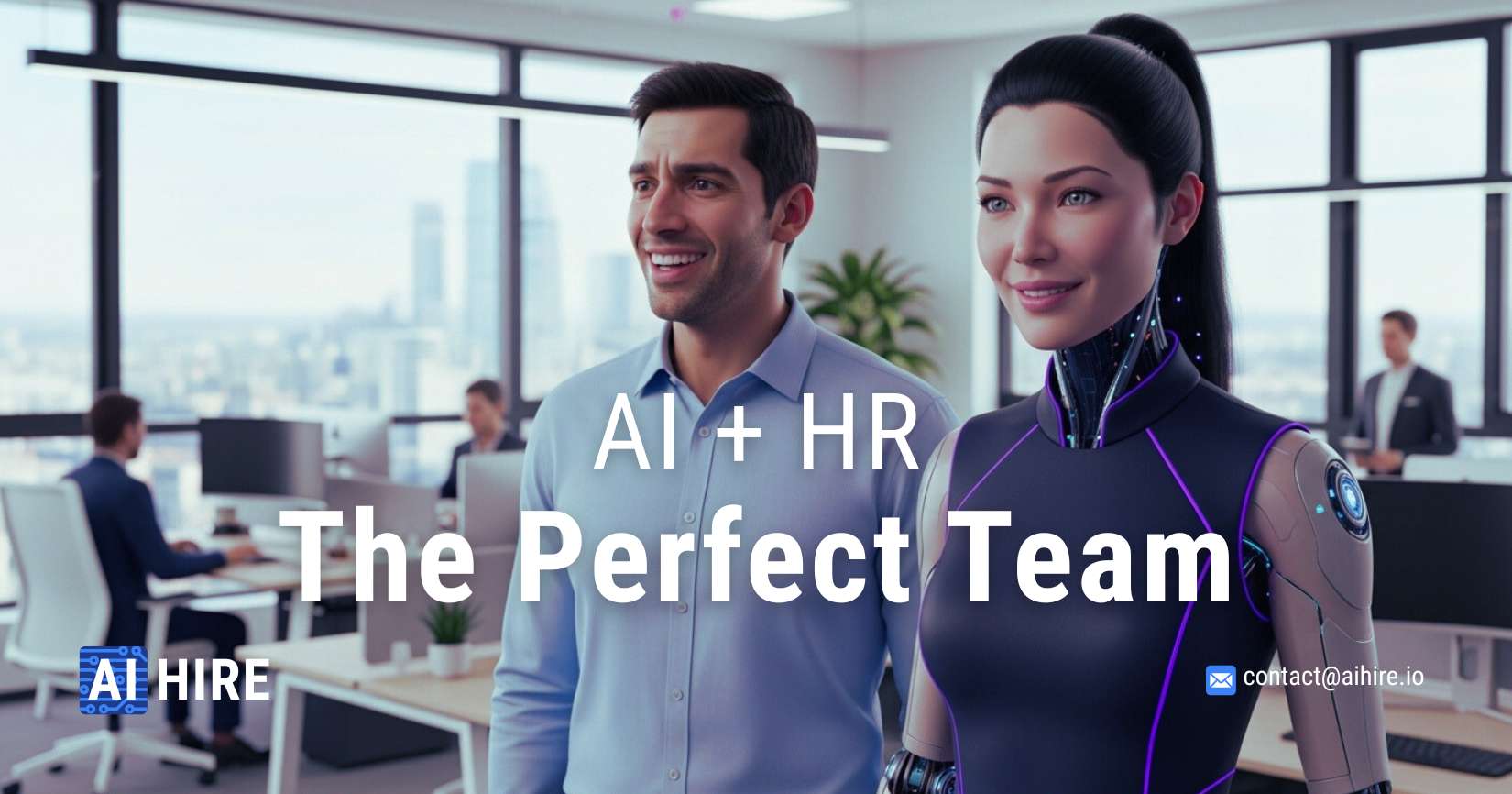Common Hiring Challenges and How AI Helps Solve Them

Hiring should be exciting. It’s about bringing fresh energy, ideas, and skills into a team. Yet for many recruiters and business owners, hiring feels more like a headache than a highlight. Endless resumes, weeks of back-and-forth, and the constant fear of making the wrong hire can make the process exhausting.
Let’s look at the biggest challenges recruiters face today—and how AI is quietly rewriting the rules.
1. Too Many Applications, Too Little Time
One open role can attract hundreds (or thousands) of applications. Most recruiters simply don’t have the bandwidth to carefully review each one. That means great candidates can slip through the cracks while unqualified ones clog up the pipeline.
How AI helps: AI-powered screening tools can scan resumes in seconds, flagging the most relevant candidates and freeing recruiters from drowning in paperwork.
2. Unconscious Bias in Screening
Even the most well-intentioned recruiters are human, and human judgment isn’t perfect. Bias—whether based on gender, school, or background—can unintentionally creep into hiring decisions. The result? Missed opportunities for building diverse, high-performing teams.
How AI helps: Structured AI-driven interviews and skill-based assessments put focus back on what matters: ability, potential, and cultural fit.
3. The Black Hole Candidate Experience
Ask job seekers their biggest frustration and many will say: “I never heard back.” The dreaded resume black hole damages employer brand and leaves candidates with a poor impression of the company.
How AI helps: Automated updates and AI interview scheduling tools give candidates quicker responses, ensuring they feel respected and engaged throughout the process.
4. The Cost of a Bad Hire
A single bad hire can cost a company months of productivity and thousands of dollars in lost revenue, not to mention the impact on team morale. Rushed decisions or gut-feeling choices often lead to costly mistakes.
How AI helps: Predictive analytics and AI scoring models help recruiters make data-driven decisions, reducing the risk of expensive hiring missteps.
5. Skills Mismatch in Fast-Changing Industries
Technology and industries evolve faster than traditional hiring processes. Recruiters may hire based on outdated job descriptions, only to find the employee doesn’t have the skills needed for tomorrow’s work.
How AI helps: AI-based assessments and adaptive testing reveal real, up-to-date skills rather than just what’s listed on a resume.
6. Endless Hiring Cycles
When roles remain open for months, businesses lose momentum and competitors snap up the best talent. Long, inefficient hiring cycles are a major drag on growth.
How AI helps: By automating repetitive steps like screening, scheduling, and first-round interviews, AI dramatically shortens time-to-hire.
Final Thoughts

The challenges of hiring aren’t going away, but the way we solve them is changing. AI is not about replacing recruiters; it’s about giving them better tools to handle the messy parts of the process.
The companies that recognize these challenges and embrace smarter solutions will not only hire faster but also hire better.